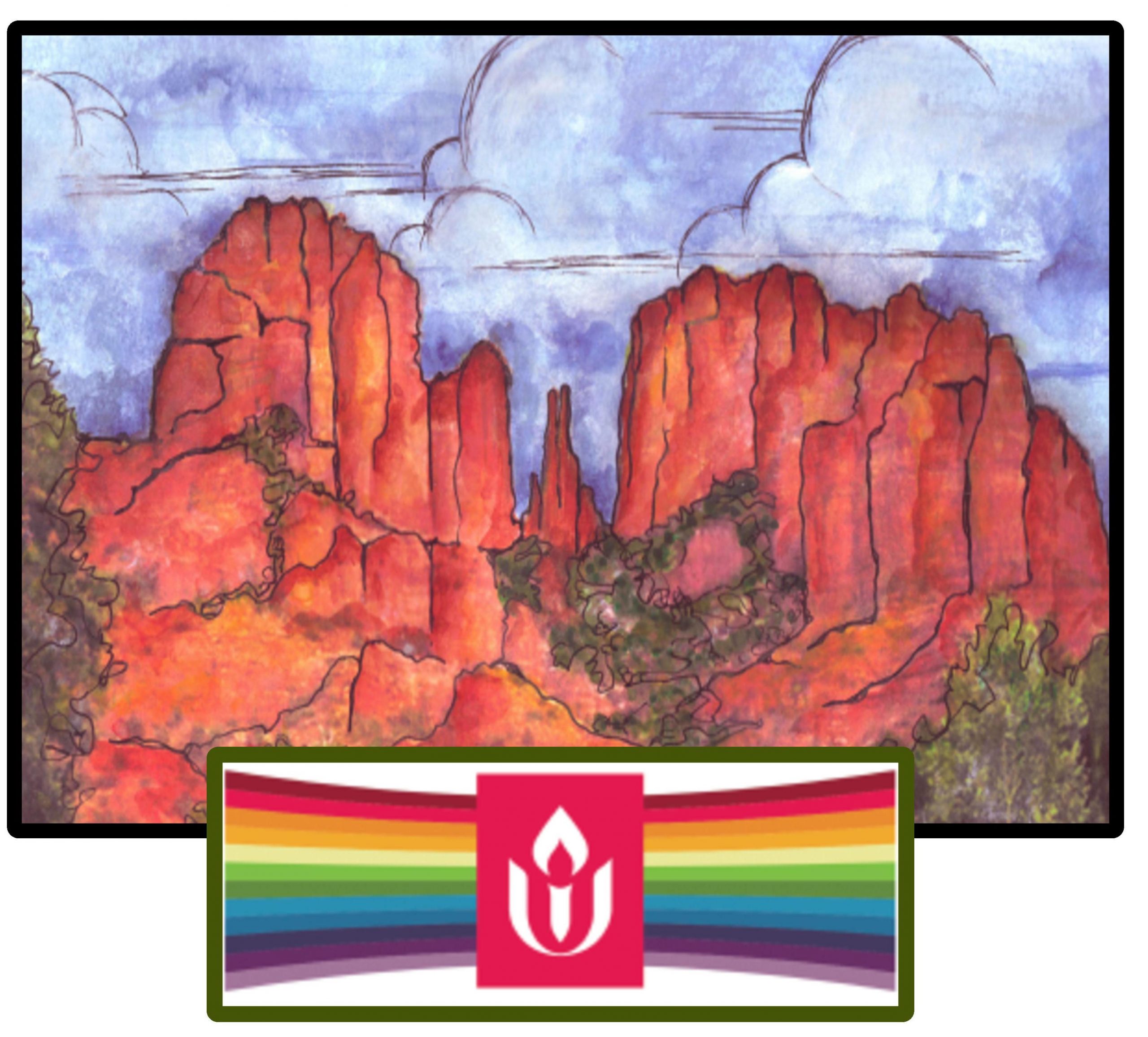Unitarian Troublemakers [#52]
From 1836 to 1840, a group of New England activists, scholars, educators, and nonconforming ministers, later to be called the Transcendentalists, met regularly for conversations that led to a revolution within Unitarianism. These interactions among Ralph Waldo Emerson, Margaret Fuller, Henry David Thoreau, Elizabeth Peabody, Bronson Alcott, and more than 40 others, united them into … Continue reading Unitarian Troublemakers [#52]
